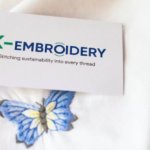5 Ways to Avoid Being Scams Clothing Wholesale Clothes From Vietnam
The clothing market in Vietnam is very large and has a long-standing tradition, so factories and craft villages in some regions are very famous for their highly skilled craftsmanship and production of high-quality products that are not inferior to those of other countries.
Now, why is it important to avoid scams clothing when buying wholesale? Well, imagine you’re buying a bunch of clothes for your shop, but then find out they’re not good quality or maybe even fake. That would be a big problem, right? Scams clothing like these can cost you a lot of money and hurt your business. So, it’s really important to know how to spot and avoid them.
We’re here to help you learn how to stay safe and make smart choices when buying wholesale clothes in Vietnam.
1. 5 Common Scams clothing You May Face
Let’s discuss something important: common scams clothing you might face when purchasing directly from clothing factories. It’s essential to know about these tricks so you can stay safe and make smart decisions when shopping. So, grab a seat and let’s dive in to learn more about what to watch out for!
1.1. Counterfeit products
Counterfeit clothing products are fake items designed to imitate popular brands or designs. These knock-off items are made to look like the real thing, often featuring similar logos, patterns, and designs. However, they are produced without authorization and do not meet the quality standards of the genuine products.
For example, imagine you’re in the market for a Louis Vuitton’s polo shirt. You come across a vendor selling what appears to be the exact same shirt at a significantly lower price. Excited about the bargain, you make the purchase, only to discover later that the shirt’s material is cheap, the stitching is poorly done, and the logo is slightly off-center. This is a classic example of counterfeit clothing products.
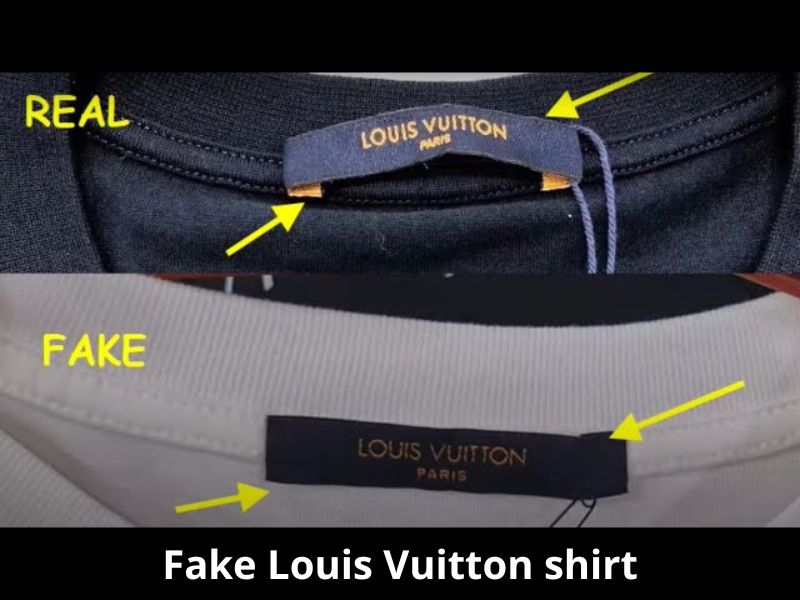
1.2. Low-quality goods
Low-quality goods refer to products that are poorly made or constructed using inferior materials. These items may lack durability, functionality, or aesthetic appeal compared to higher-quality alternatives.
When it comes to clothing, low-quality goods often exhibit issues such as uneven stitching, thin or flimsy fabrics, loose threads, or easily damaged zippers and buttons.
For instance, imagine ordering a batch of wholesale t-shirts from a Vietnamese factory, expecting them to be made of durable cotton material suitable for printing or embroidery. However, upon receiving the shipment, you find that the fabric is thin and prone to tearing after a few wears and washes. Additionally, the stitching is uneven, leading to fraying seams and an overall shoddy appearance.
1.3. Overpriced items
Overpriced items are products that are priced higher than their true value or market worth. This can happen when sellers inflate prices to maximize profits, taking advantage of buyers’ lack of awareness or urgency to make a purchase. In the context of wholesale clothing from Vietnamese factories, overpriced items can significantly impact your budget and profitability.
For example, suppose you’re sourcing bulk quantities of denim jeans from a factory in Vietnam. Despite similar quality and production costs to other suppliers, one factory quotes a price that is significantly higher than the market average. Upon further investigation, you discover that the factory is capitalizing on its reputation or perceived exclusivity to justify the inflated prices.
Dealing with overpriced items can strain your budget and reduce your profit margins, making it challenging to remain competitive in the market.
1.4. The “pay now, get later” risk
This scam targets small business owners, especially those who are new to the business world or may not be experienced.
Here’s how it works: You place an order (PO) with your supplier for new goods. But instead of shipping the products right away, the company insists that you pay first. They might give reasons like the product being out of stock, and they need payment to reserve your spot for when it’s available. So, you pay the invoice, but sadly, you never get the goods you ordered.
It’s tricky because sometimes real wholesale suppliers also ask for payment upfront or a deposit. Many retailers don’t have a choice and have to agree to these terms. They might not realize it’s a scam until it’s too late. To protect yourself, try to make sure you at least get confirmation that your shipment is on its way before paying any invoices.
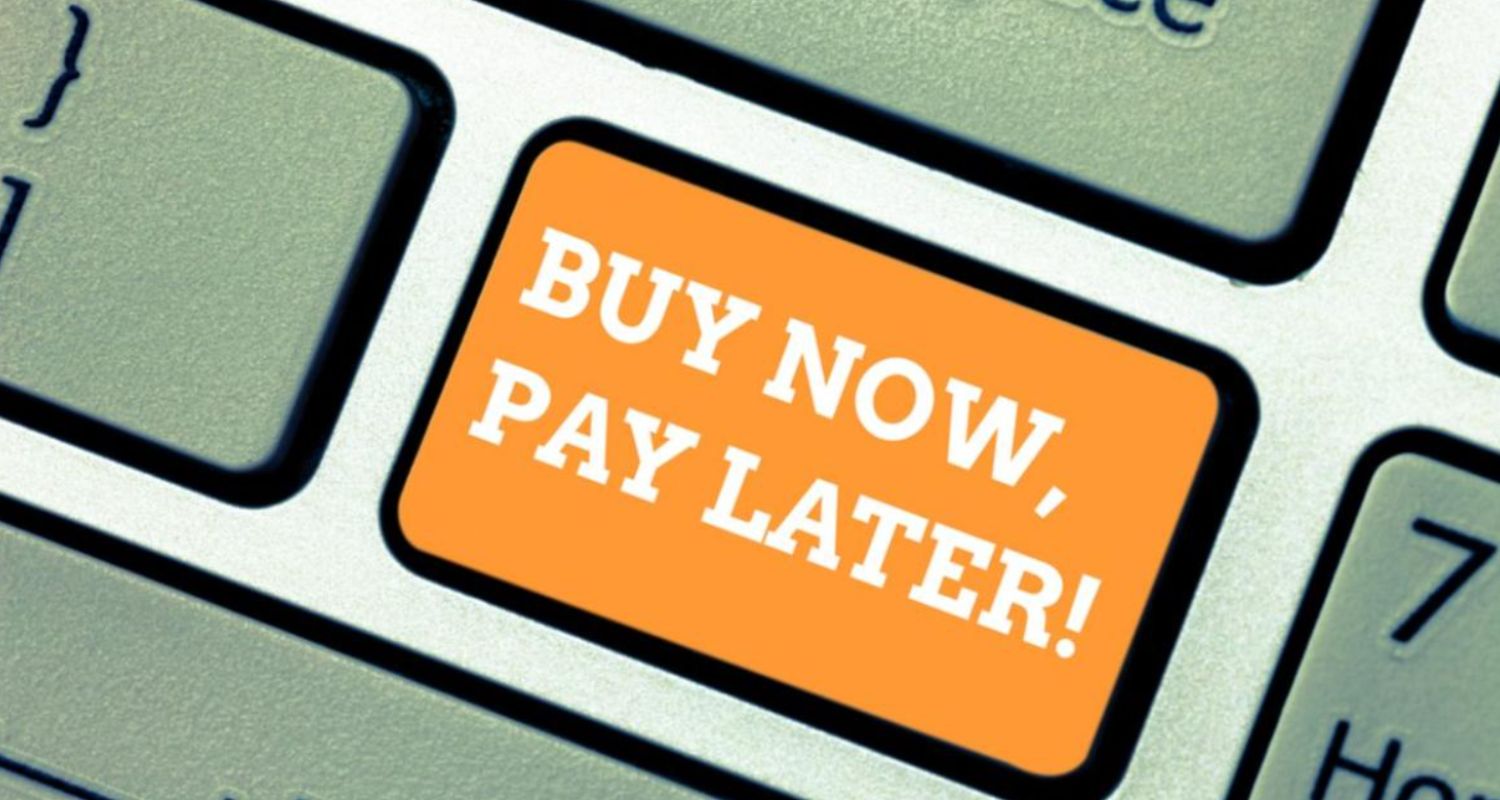
1.5. Misrepresentation of product specifications
Misrepresentation of product specifications occurs when sellers provide inaccurate or misleading information about the characteristics or features of the items they are selling. This deceptive practice can lead buyers to make uninformed decisions and ultimately receive products that do not meet their expectations.
For instance, imagine you’re in the market for wholesale cotton t-shirts, and a Vietnamese factory claims their products are made of 100% premium cotton. However, upon receiving the shipment, you discover that the t-shirts are actually blended with synthetic fibers, resulting in a lower quality fabric than advertised.
This misrepresentation of the product’s material composition can lead to dissatisfaction among customers expecting genuine cotton garments.
2. 5 Ways to Avoid Scams clothing
In this section, we’ll explore 5 effective strategies to help you steer clear of scams clothing when sourcing wholesale clothing from Vietnamese factories. By implementing these practical tips, you’ll be better equipped to safeguard your business interests and ensure a smooth and successful sourcing experience.
2.1. Research and due diligence
To steer clear of scams clothing, it’s important to do some research and be careful. Here’s how:
- Investigate the factory: Check out the factory’s background and history. Look for information about their history, experience, and track record of delivering quality products.
- Read reviews: See what other customers have to say about the factory. Pay attention to their feedback and experiences, such as complaints about product quality, delivery delays, or poor communication.. If lots of people are unhappy, it might be a red flag. You can find customer reviews on many platforms, such as Google, the factory’s website, social media platforms, …
By conducting thorough research and due diligence, you can mitigate the risk of encountering scams clothing and ensure a successful partnership with Vietnamese factories for sourcing wholesale clothing.
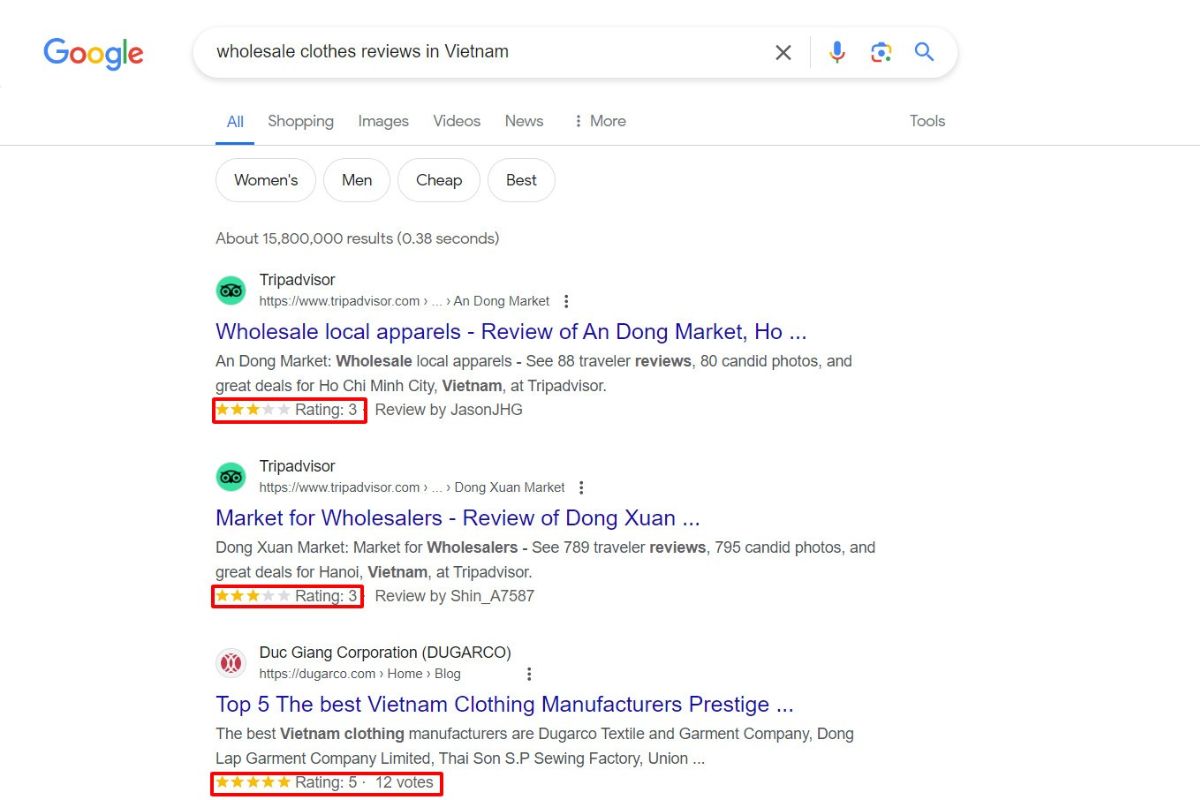
2.2. Building direct relationships
To stay safe from scams clothing, it’s smart to build direct relationships with factories. Here’s how:
- Visit factories: If you can, go and see the factory in person. Seeing the production process firsthand allows you to assess the factory’s capabilities, working conditions, and the quality of their output.
- Keep communication open: Effective communication is key to maintaining a successful partnership with factories. By fostering open communication, you can address potential issues early on and work collaboratively towards solutions, ultimately strengthening the relationship with the factory.
2.3. Negotiating terms and prices
To steer clear of scams clothing while negotiating deals for wholesale clothing, follow these steps:
- Understand market rates and production costs: Before entering negotiations, take your time to research market rates for the clothing you intend to purchase. If the quoted prices seem significantly higher or lower than expected, inquire about the reasons behind the discrepancy to ensure transparency.
- Negotiate fair deals with clear terms: When negotiating with factories, aim to establish fair deals that benefit both parties. Clearly outline your expectations regarding pricing, quality standards, delivery schedules, and payment terms. Ensure that all agreements are documented in writing, including any amendments or revisions made during negotiations.
2.4. Inspecting product samples
Inspecting product samples is crucial to avoid scams clothing and ensure that you receive high-quality wholesale clothing. Here’s how to do it effectively:
- Request and evaluate samples before making bulk orders: Before committing to a large order, always request samples of the clothing items you intend to purchase. Thoroughly examine the samples for any defects, irregularities, or deviations from your expectations. Pay attention to details such as fabric texture, stitching quality, color accuracy, and overall craftsmanship.
- Ensure product quality meets expectations: Once you receive the samples, carefully compare them against your quality standards and specifications. Ensure that the samples meet or exceed your expectations in terms of material quality, construction, and overall appearance. If you notice any discrepancies or concerns, communicate them to the factory promptly and discuss possible solutions or adjustments.
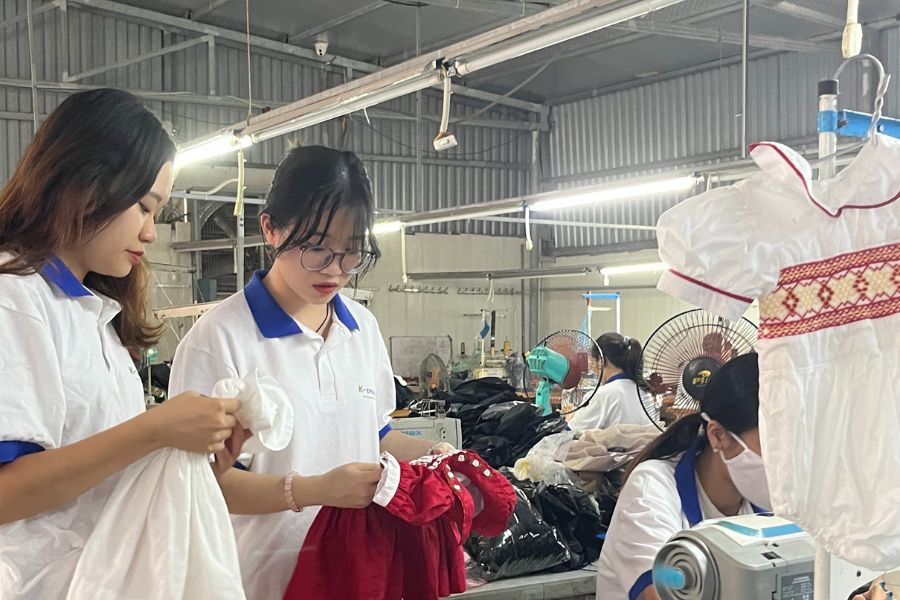
2.5. Securing contracts and payments
To safeguard yourself from scams clothing and ensure a smooth transaction process when sourcing wholesale clothing, it’s essential to focus on securing contracts and payments. Here’s how you should do it:
- Formalizing agreements with contracts: Before proceeding with any business transactions, formalize your agreements with written contracts. Clearly outline the terms and conditions of the sale, including pricing, delivery schedules, product specifications, and any other relevant details. Ensure that both parties thoroughly review and understand the terms outlined in the contract before signing.
- Using secure payment methods to protect against fraud: When making payments to factories or suppliers, prioritize using secure payment methods to minimize the risk of fraud or unauthorized transactions. Opt for payment methods that offer buyer protection, such as credit cards, PayPal, or escrow services. Additionally, verify the legitimacy of the recipient’s bank account details and double-check payment instructions to prevent falling victim to payment scams clothing or phishing attacks.
3. Classic Example Of A Garment Factory That Is NOT A Scam
A prime illustration of a trustworthy garment factory is K-Embroidery. Here’s why K-Embroidery stands out as a reputable brand:
- K-Embroidery has forged partnerships with governmental bodies, demonstrating its dedication to adhering to industry regulations and ensuring high-quality production standards.
- The brand has earned prestigious global certificates, underscoring its commitment to excellence and compliance with international quality benchmarks.
- With a vast clientele spanning the globe, K-Embroidery garners glowing reviews and positive feedback from satisfied customers worldwide. These testimonials attest to the brand’s reliability, superior craftsmanship, and exceptional customer service.
- K-Embroidery maintains transparent and legitimate documentation processes, instilling confidence and trust in its business practices among clients and partners alike. This commitment to transparency underscores K-Embroidery’s reputation as a reputable and trustworthy garment manufacturer.
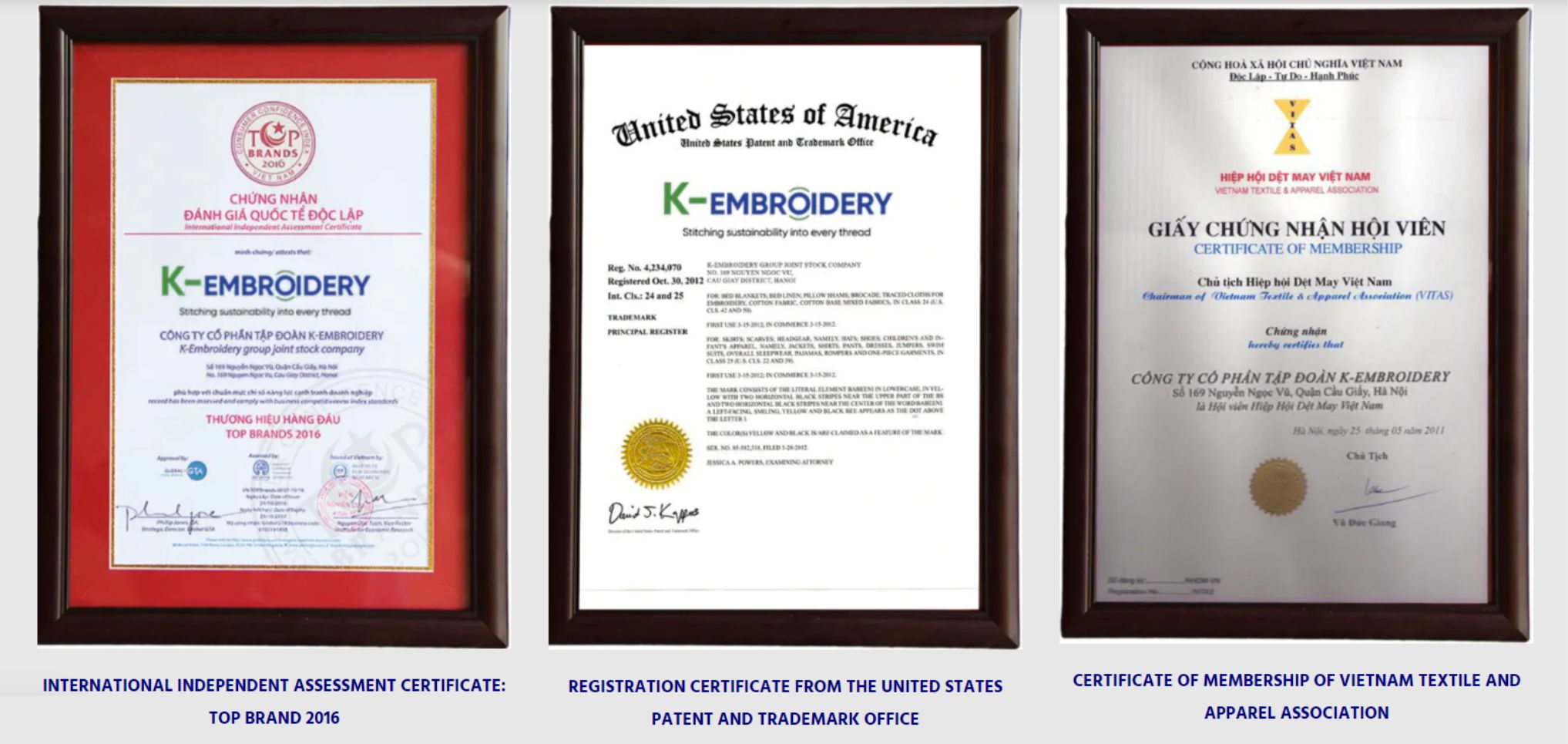
Here are some websites flagged for being potentially fraudulent in the wholesale clothing market, for you to use as cautionary examples when researching possible suppliers
- Wholesaleapparel.shop — This site offers extremely low‐priced clothing at “wholesale” rates, but reviewers report either receiving nothing or very poor‐quality items.
- Xehia Trading Ltd. & affiliated domains — A network of sites under this name claim to be clothing wholesalers, yet investigations show most domains are newly registered, mis‐advertised, and part of a scam pattern.
- Wholesalefactory.in — Despite the name suggesting wholesale apparel, the site received a low safety score and has several red flags, marking it as possibly an unsafe vendor.
- Outletwholesaledistributors.com — A site claiming to provide bulk apparel inventory to resellers, yet scam‐detection tools highly question its authenticity and trustworthiness.
- Wholesalecatalogz.com — Listed under apparel/wholesale but shows minimal external verification, hidden ownership, and suspicious redirecting domains — all signs of potential risk.
Key takeaway: These examples are not necessarily every site that’s invalid, but they exhibit the warning indicators of scams in the “wholesale clothing” niche. Always perform your own due diligence before placing orders with any “supplier”
4. Conclusion
In conclusion, it’s vital to avoid scams clothing when buying wholesale clothes directly from factories. Scams can lead to financial loss and harm your business.
By following the outlined strategies, such as thorough research, direct communication, and secure payment methods, you can ensure a successful and safe purchasing experience. Prioritize diligence upfront to protect your business interests and build strong partnerships with reliable suppliers. Stay informed and vigilant, and happy sourcing!
Contact K-Embroidery manager to buy high quality, cute and safe hand-sewn products for children via WhatsApp: +84855555961 to get the best price and order now!
Contact:
- Address: 5th Floor, Building No. 169 Nguyen Ngoc Vu, Cau Giay District, Hanoi
- Hotline: +84855555961
- Website: https://k-embroidery.com/
- WhatsApp: +84855555961

